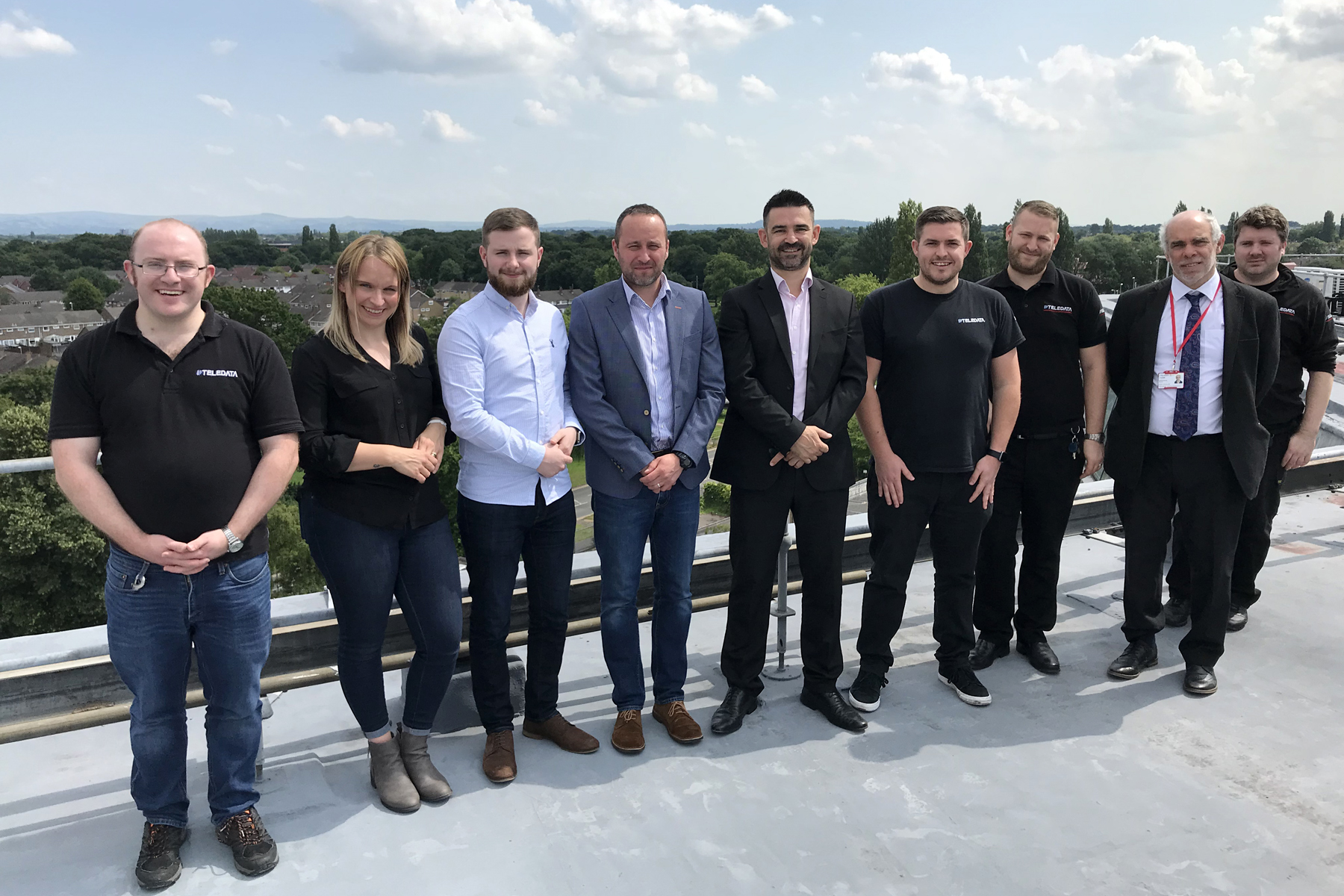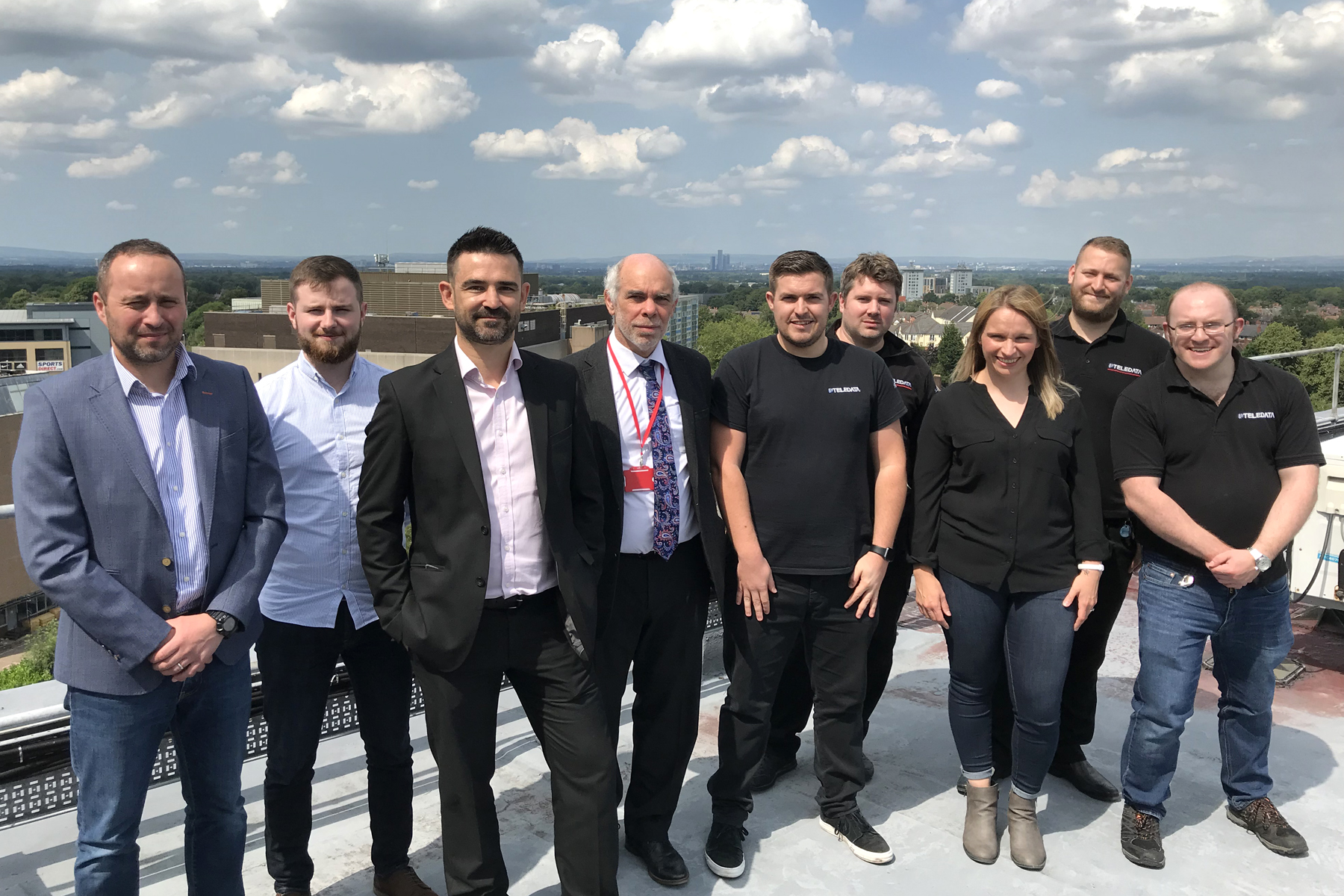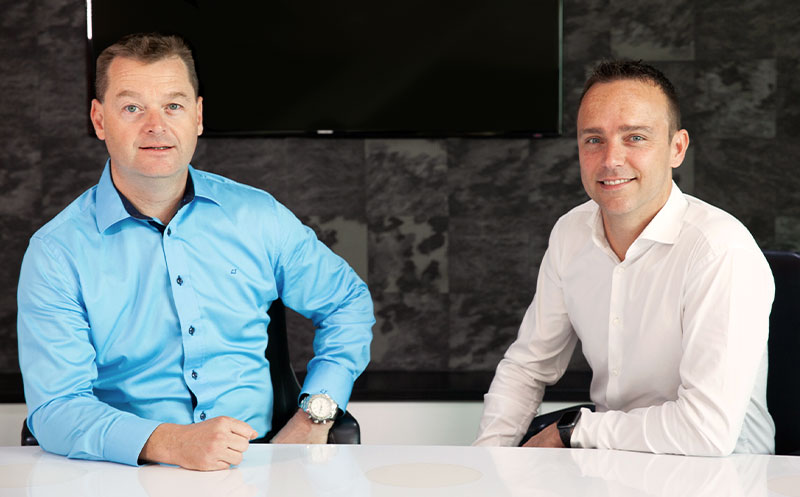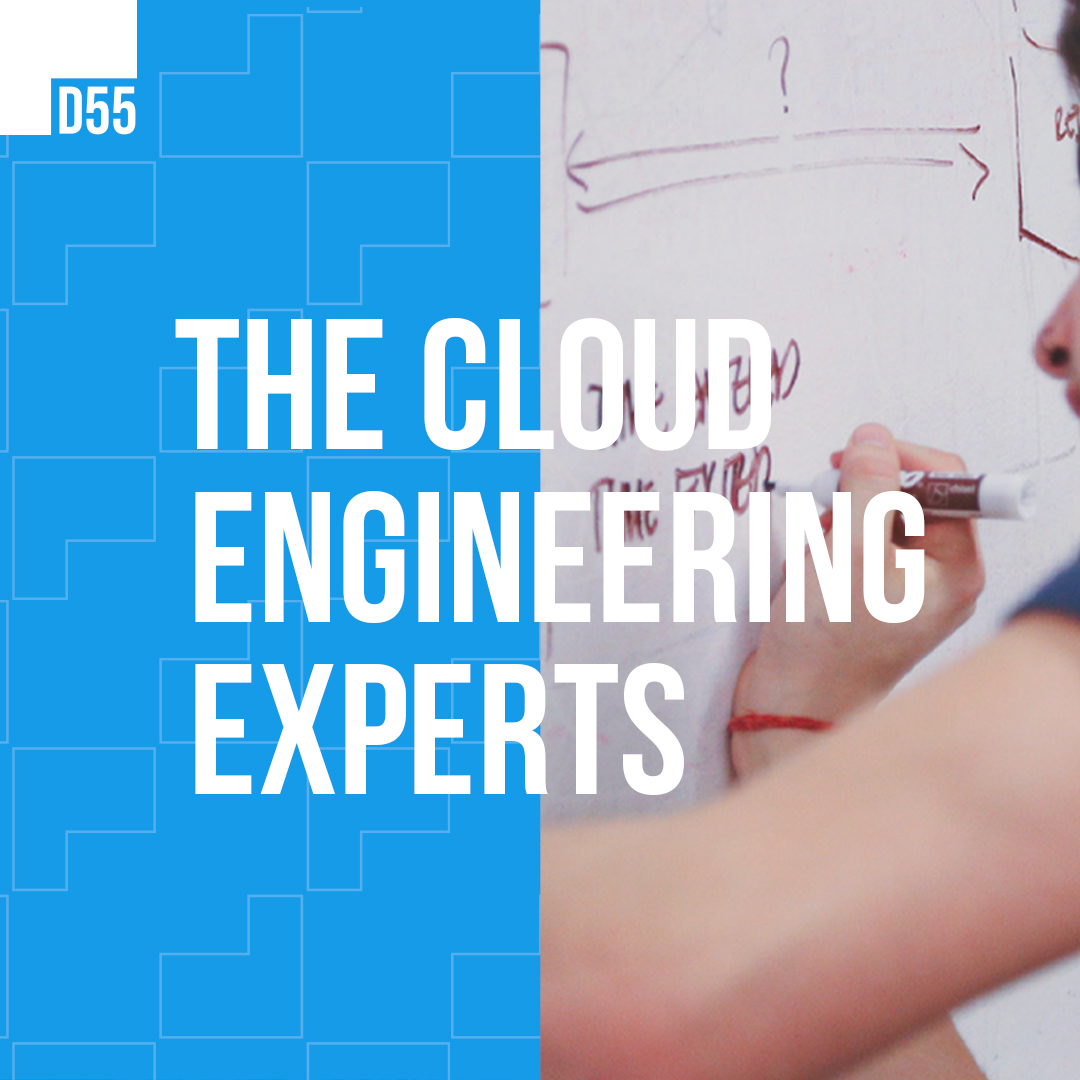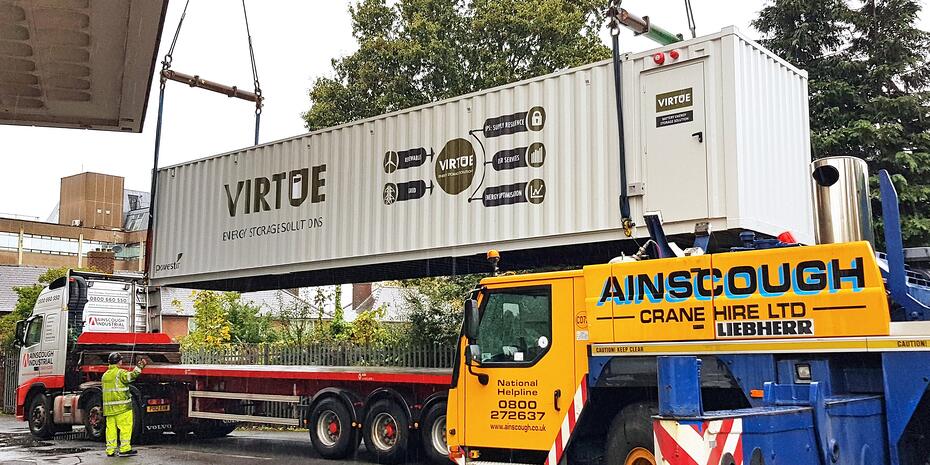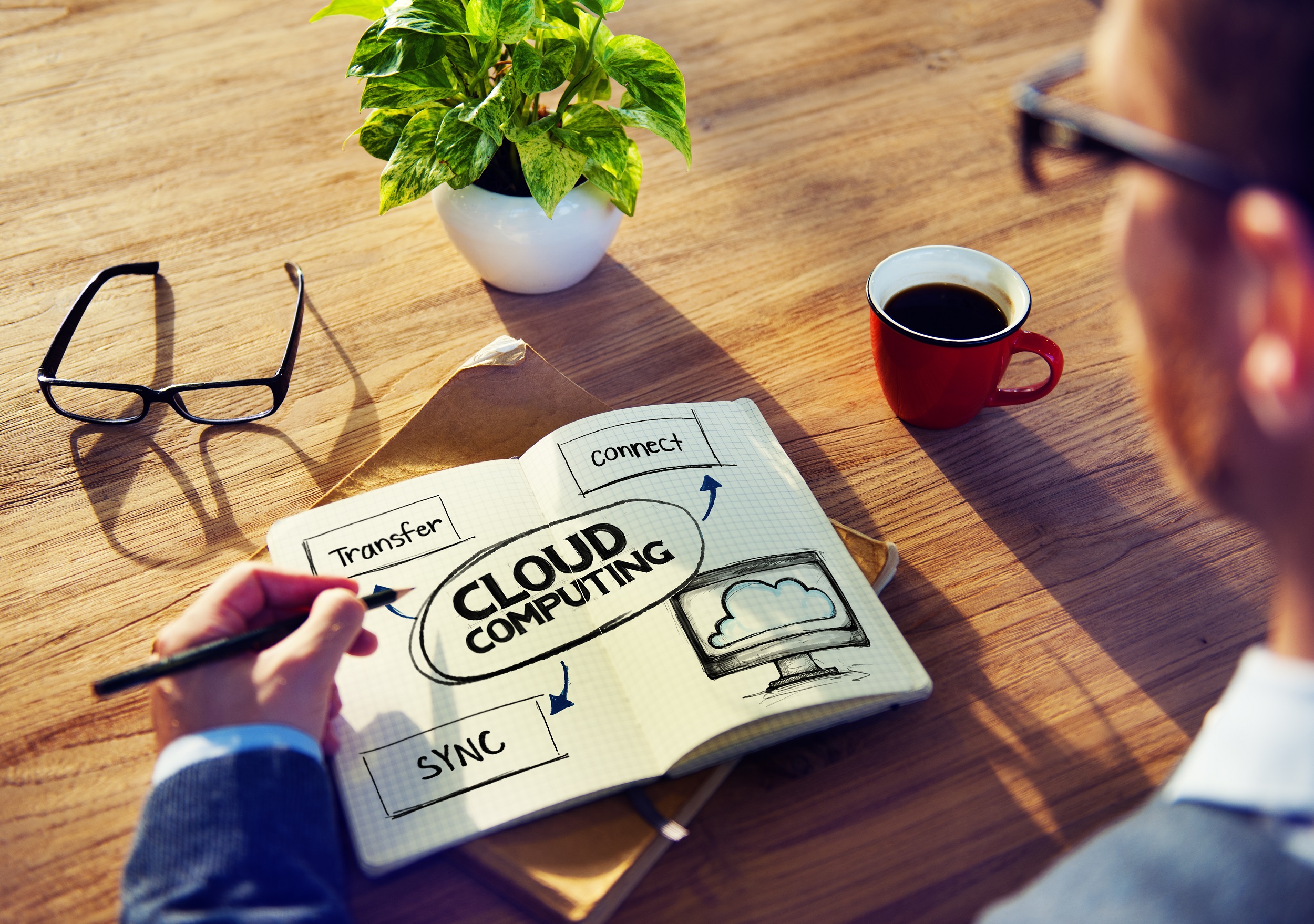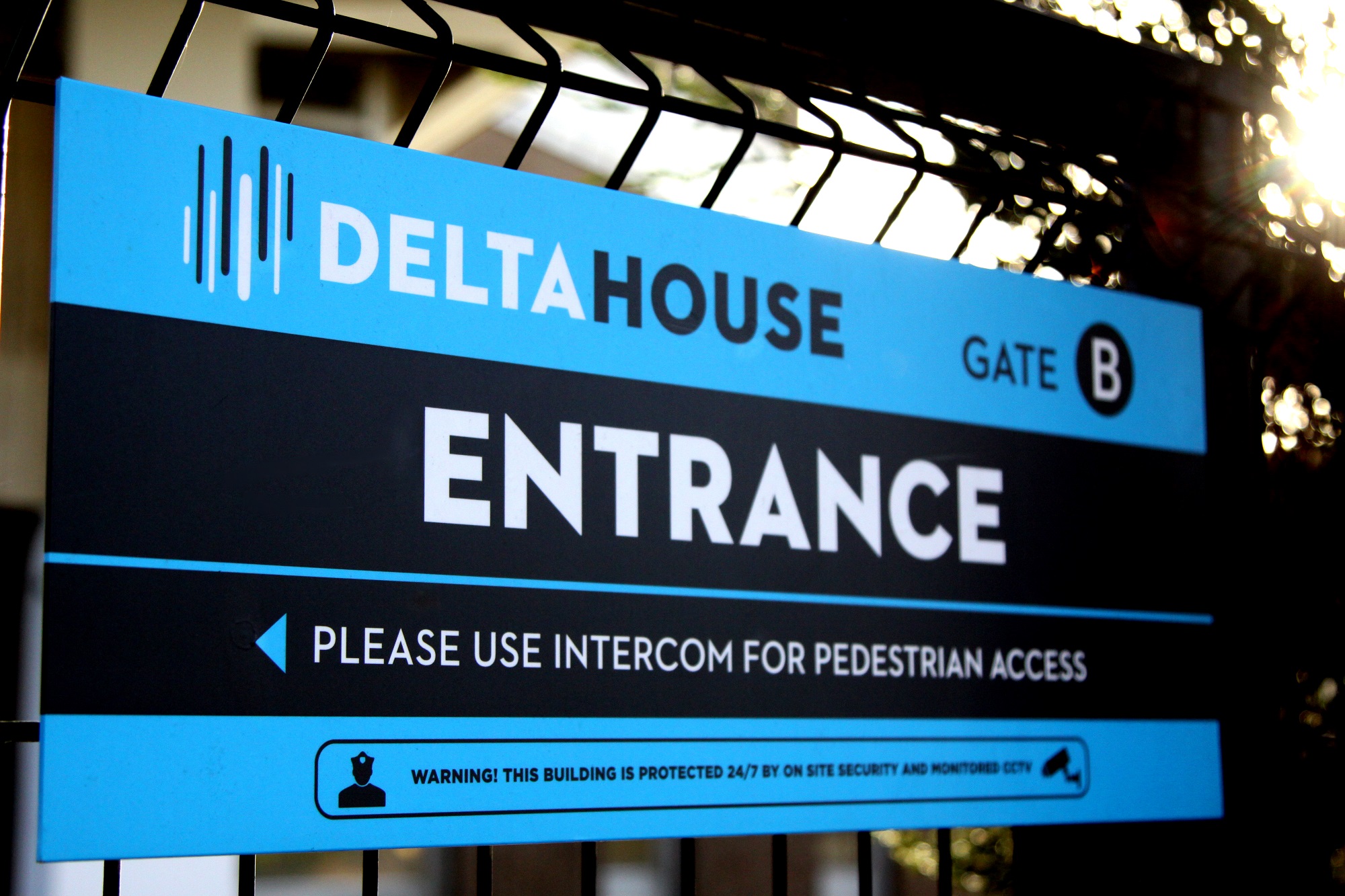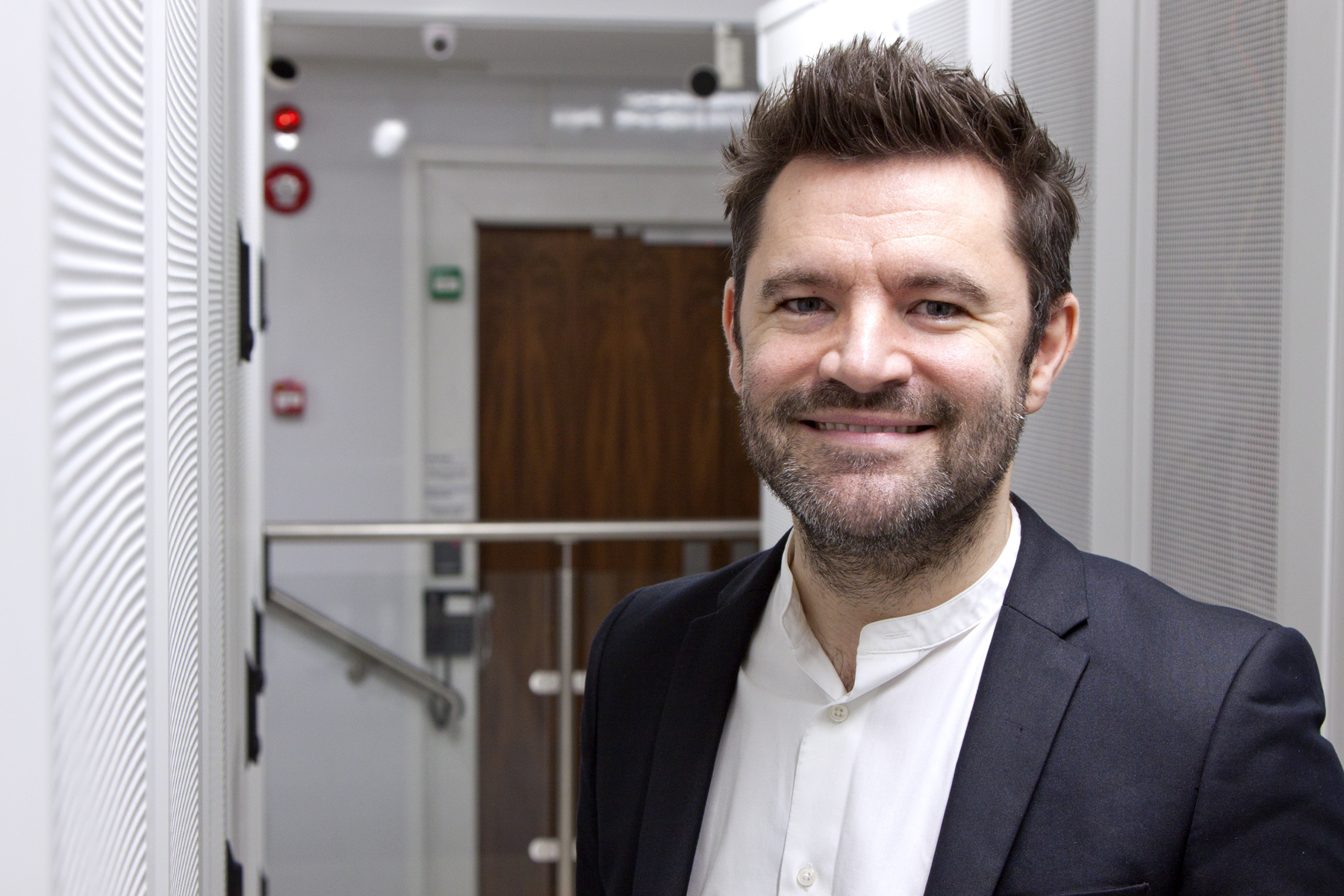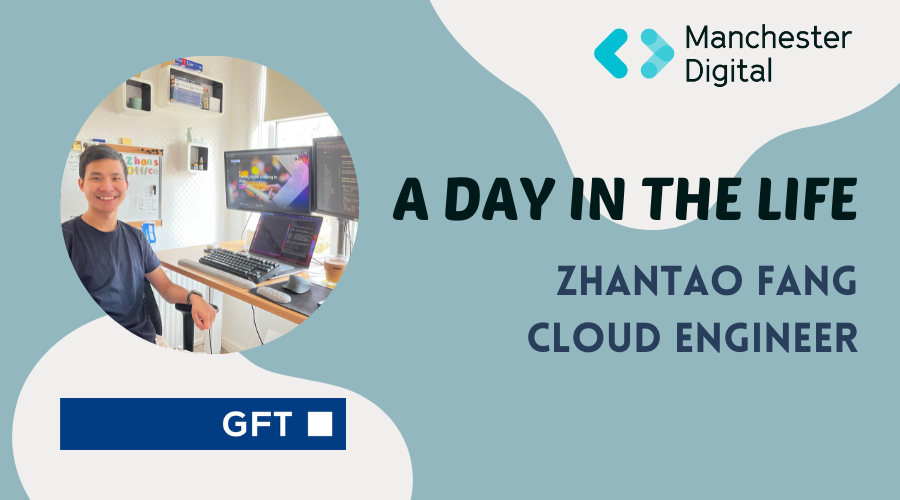
Image with the text 'A Day in the Life: Zhantao Fang, Cloud Engineer' and both the GFT and Manchester Digital logos
Ever wondered what it's like to work at one of Greater Manchester's leading tech employers or what specific job roles get up to each day?
Zhantao Fang is a Cloud Engineer at digital transformation leaders GFT.
We spoke to him to find out more about this role, his experience at GFT and what an average day looks like.
What does a typical day look like for you in your role?
As a Cloud Engineer working for GFT, a global IT consultancy, you are either assigned to a client or working on internal projects. For me, I have been assigned to a client in the insurance space focusing on the Google Cloud Platform. One important aspect of consultancy work is that it differs from client to client, and so, we need to prepare ourselves to adapt to the client's tech stack and workflows.
9:00am-9.15am: To kickstart the day, I normally make myself a brew while logging onto client environments to comply with their security and GDPR practices. Once I'm logged on, I would check and reply to any emails and Teams chat, look at today's agenda and prepare for any upcoming meetings.
9:15am-9.30am: As a member of an Agile team working in two-week sprints, we have a daily stand-up that lasts roughly 15 minutes every morning. We talk about what we did the day before, discuss if we need any assistance, highlight any risks, and decide on which tickets we will be working on today.
9.30am-12pm: After stand-up, I would make a start on the tickets utilising the likes of Git, Terraform, Bash, Visual Studio Code, CI/CD Tools, Jira, Confluence, GCP, etc. For some larger tickets, it is worth pair programming with another engineer (where two people work together and screen share in a driver and navigator model). This allows us to share knowledge and complete work more quickly.
12pm-1pm: Time for lunch! Most of the time, I work at home (subject to client demands), so lunch is nothing fancy.
1pm-2:30pm: Next, I would take the time to prepare for and attend meetings. As mentioned above, I work in an Agile team, which means throughout the week we must attend meetings, such as sprint reviews (demoing work completed in the current sprint); sprint planning (planning work in the next sprint); backlog refinement (tidying up the backlog), and retrospectives (expressing thoughts and opinions on the current sprint), all of which contribute to continuously providing feedback and improving our ways of working. Aside from these, I also attend various meetings on design, implementation, handover, and 1:1 (a meeting between line manager and employee to discuss just about anything, i.e., personal development).
2.30pm-3:30pm: After meetings, I would use this time to write and review documentation which acts as a single source of truth. Documents are also great for handovers and knowledge-sharing purposes. In addition to this, I would also review, comment on and approve any development work carried out by peers in Git pull requests.
3:30pm-5:30pm: To finish off the day, I would continue working through my tickets free from any distractions. Most of this time is not only spent on writing and testing code but also on browsing through documentation and how-to guides for best practices and debugging any unforeseen issues. In this space of time, I take regular short breaks to avoid fatigue and burnout in the long run.
What do you love most about your role?
Working at a consultancy means that I get to move in and out of projects and pick and choose what I want to work on as opposed to staying at one firm for a lengthy number of years. This allows me to acquire new experience and exposure to companies of various sizes and sectors. Not to mention, I have been bundled with experts with years of expertise which has made me settle into client projects very smoothly. On top of this, I really love GFT's generous training scheme which allows me to diversify my tech stack, get certified, and constantly stay up to date with the latest, bleeding-edge technologies. Ultimately, I believe working as a Cloud Engineer at GFT provides me with all the right opportunities and resources for me to grow technically and professionally.
What is the biggest challenge in your role?
Every company I have encountered is different in terms of tech stack, culture, industry, legal obligations, etc. The main challenge that I encountered in my role is to adapt to these differences and work with what I've got. Let's take the tech stack. For example, they may not be using the newest, bleeding-edge and industry-leading tools. However, more often than not, these are the tools that are most relevant and are widely used in the IT industry and the tools that recruiters are looking for. Therefore, it is worthwhile to skill up and gain experience, work with these tools and add them to your ever-growing arsenal.
What advice would you give someone who is thinking of working in your role?
My biggest piece of advice for anyone who’s looking to become a Cloud Engineer is to do a bit of research on Cloud Computing concepts and SRE/DevOps culture. I also recommend reading or listening to the Phoenix Project. All of these will help you truly understand the struggles faced by current companies and the issues we are trying to resolve.
Want to join our team? Head to our careers page to see our vacancies or get in touch via AskManchester@gft.com
